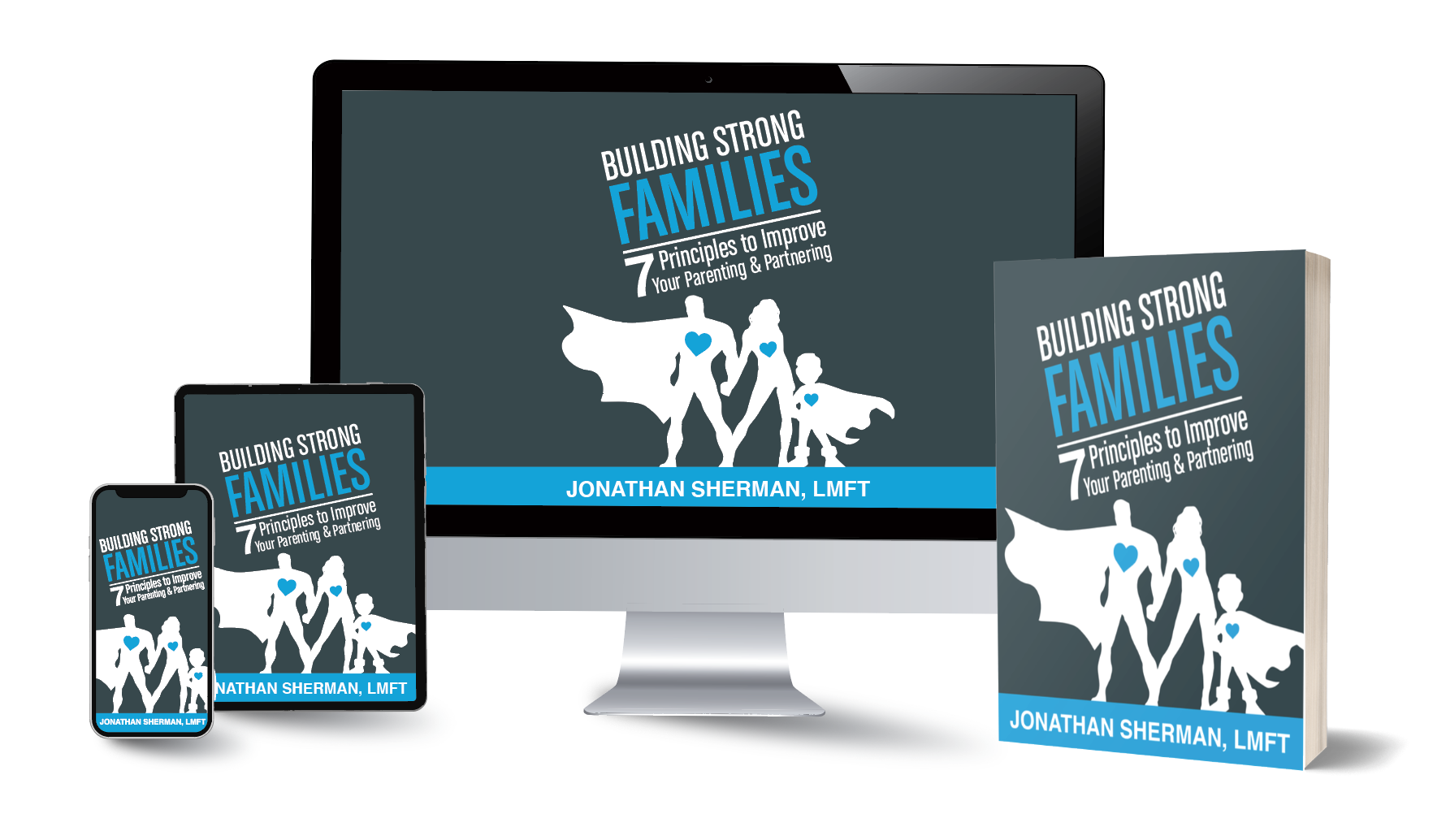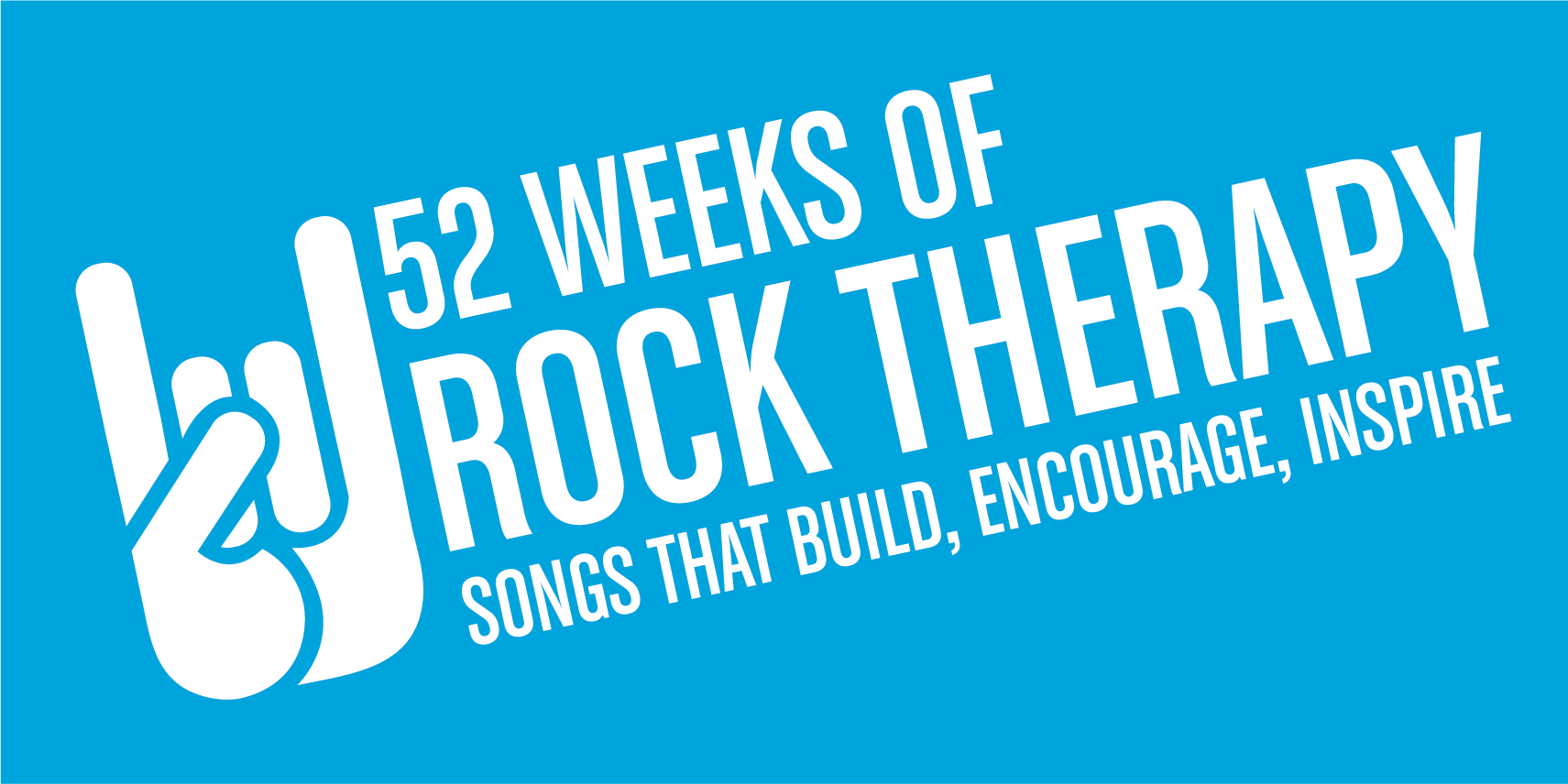I was talking to a clergy member (an LDS Bishop) I haven’t worked with before who wanted to refer a couple to me, but was concerned because in the past he worked with what seemed like an unethical counselor. This counselor seemed to just stretch therapy out long and often with no discernable progress, but kept collecting a lot of money from the bishop, saying “it’s a process” without adequately describing what that process was. I reassured him that effective therapy and therapists help their clients make measurable progress and achieve successful outcomes and that the process is describable, explainable, understandable and well-researched. I shared with him the following post I wrote a couple months ago and thought I’d share it here as well since he, like many people, really don’t know what to look for when seeking out a qualified therapist:
More walk, less talk
I will never continue working with clients who aren’t committed to the work and making progress. Time, money and energy are precious resources that need to be treated as such, especially when a client’s fee is being supported by sacred funds. Some clergy have understandably been concerned about what they have witnessed with some counselors and some clients where it seems they are just talking but nothing gets accomplished. Therapy then becomes an open-ended, vague process that more and more funding is going into with no clear objective or outcome.
A pragmatic approach
In addition to being unethical, I want you to know quite frankly that ”open-ended and vague” is simply a bad business model. Besides being a therapist I am a practical businessman—I run a successful private practice, consulting and speaking business with personal and corporate clients all over the world. Outcomes matter in business. Thus, clients who just limp along with a passive counselor are not good for business and not a good investment of your sacred funds and certainly not effective for your members. A counselor who keeps clients longer just so they can bill them longer is actually bad for cash flow.
The business-sense of effective therapy
Here’s why I don’t do that: Clients who make progress are good for my business since my business runs primarily on word-of-mouth marketing. Because these clients get results, they enthusiastically refer their loved ones to me. A steady stream of clients who are actively participating in a results-oriented process get better, successfully terminate counseling sooner, and because of their positive experience end up over time referring anywhere from three-to-ten loved ones, who then also get results and refer their friends and family. That steady stream of clients achieving successful outcomes is great for cash flow. As you know, word-of-mouth marketing is marketing that money can’t buy and that I can’t afford to lose. Thus, you can see that in addition to my professional, spiritual and ethical commitment to helping my clients, I am highly motivated that my clients make progress and achieve results out of pure and simple financial self-interest.














































